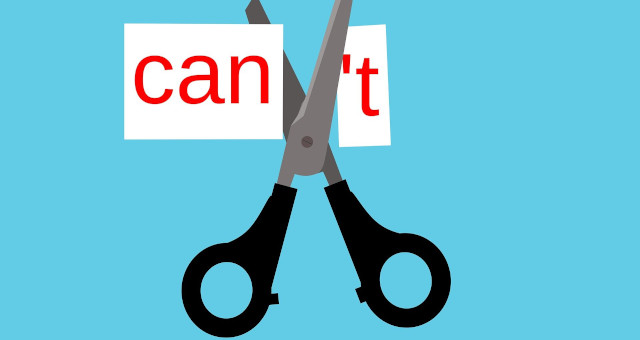
Change can be very difficult for some people as it can cause one to look into his or her life experiences more closely. Difficult emotions can unravel when you look at past events in your life which you thought you were “over,” but were actually just avoiding. Those difficult emotions make you realize that these events are still an inescapable part of you.
The remembered emotions you experience may mirror some form of grief, resentment, disappointment, etc. While some individuals may react to change with acceptance, many will resist change because of the remembered difficult emotions. According to research, resistance is a default reaction that allows you to defend yourself from the unwanted, experienced pain (Psychology Today). The default reaction can, and will, cause more emotional harm. The acceptance of change is important and is a better choice than resistance in the long-run. According to research, “Your experience of yourself consists largely of your emotions, thoughts, and actions.” Learning to accept your emotions, thoughts, and actions (even when they seem difficult or undesirable) is a helpful tool for well-being.
While accepting change can be rewarding, accepting change can also be painful and uncomfortable. It can cause fear or alarm to one’s awareness of his or her needs in life. If you are affected by unwanted change(s) in your life, maybe it is time to seek help from a Professional Mental Health Therapist in order to start your healing process. A Mental Health Therapist can provide you with the proper tools to move forward with learning how to accept change.
Reference
Davis, T. 2021, Psychology Today 2022 Sussex Publishers, LLC
